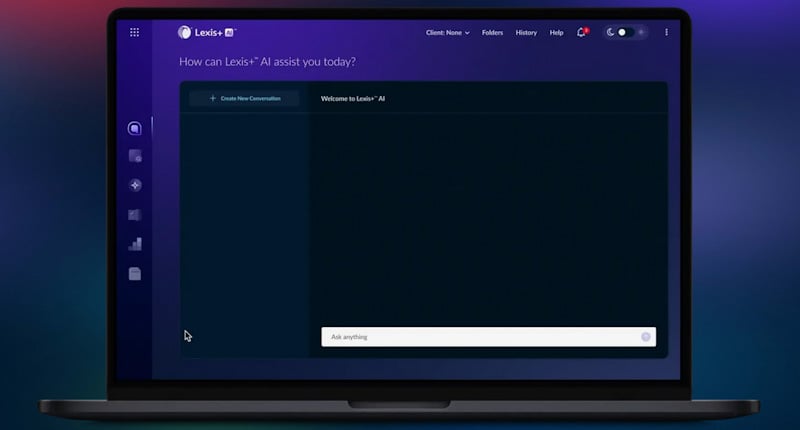Joke May Be on Toyota re Online Prank: Lack of Consent Voids Arbitration Pact, Appeals Court Says
It looks like the joke could be on Toyota Motor Sales USA Inc., concerning an unusual Internet advertising campaign the automaker developed with Saatchi & Saatchi North America Inc. to market its Matrix automobile.
The campaign, which was targeted at young men, encouraged them to provide Toyota with the name of a friend or acquaintance. That individual would then receive an online invitation to a personality evaluation, as part of a so-called “interactive experience” in a program called “Your Other You,” according to the Threat Level blog of Wired.
Those who followed through on the personality evaluation invitation were told to scroll down through an online list of terms and conditions, after which they confirmed, with a click or two, that they had read and agreed to them.
However, even if they did actually read the boilerplate, it wouldn’t have informed them of what was actually going to occur, explains a written opinion (PDF) by the California Court of Appeal.
In the case of Amber Duick, the young woman allegedly began to receive emails from a seeming stranger who told her he was traveling cross country, about to descend upon her home with “Trigger,” an ill-behaved pit bull—if he could stay a few steps ahead of the law and avoid excess alcohol consumption. (“Trigger don’t throw up much anymore, but put some newspaper down in case,” one email suggests.)
But being told in the online boilerplate that she might receive emails and other material online from Toyota as part of a five-day “interactive experience” in connection with a personality evaluation, the appellate court held, did not give her an adequate explanation—and opportunity to consent to or reject—the prank.
Hence, the agreement—which included an arbitration provision—was void.
Duick’s suit in Los Angeles Superior Court is apparently still ongoing. In it, she asserted claims for unfair, unlawful and deceptive trade practices; negligent misrepresentation; and intentional infliction of emotional distress, among other causes of action.



